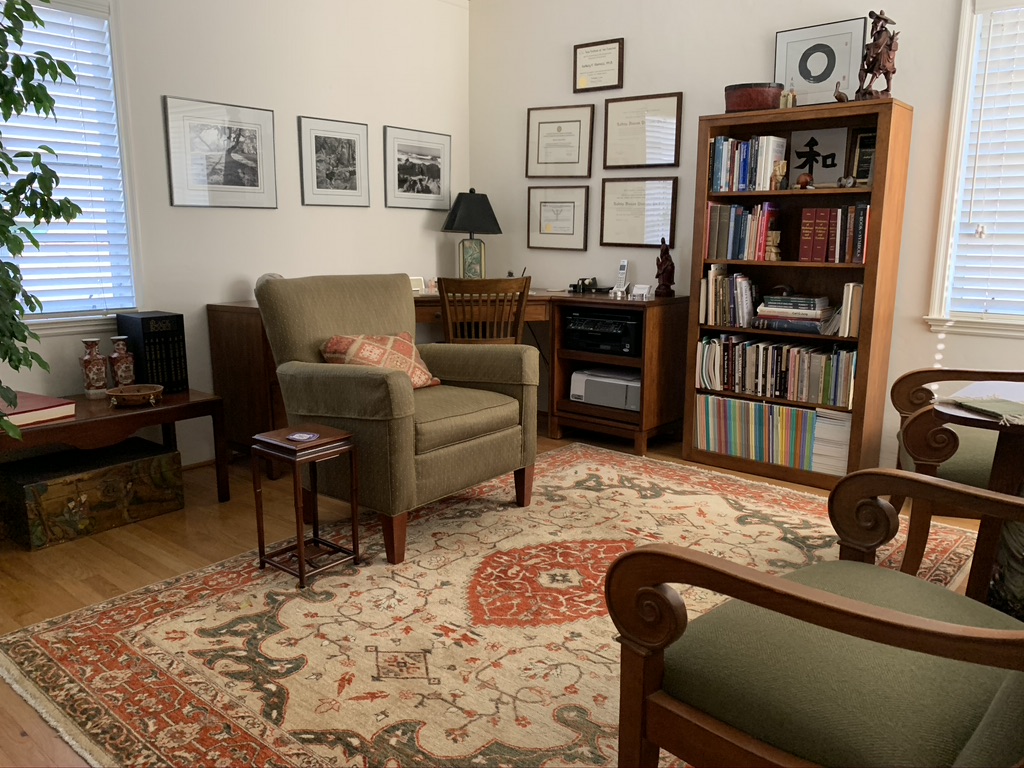Jungian Psychoanalysis
Jung devoted his life to the exploration of the unconscious. Unlike many modern psychologists, Jung did not feel that experimenting using natural science was the only means to understand the human psyche. For him, he saw as empirical evidence the world of dream, myth, and folklore, as the promising road to its deeper understanding and meaning.
That method’s choice is related with his choice of the object of his science. As Jung said, “The beauty about the unconscious is that it is really unconscious”. Hence, the unconscious is ‘untouchable’ by experimental researches, or indeed any possible kind of scientific or philosophical reach, precisely because it is unconscious. Although the unconscious can’t be studied by using direct approaches it is according to Jung, at least, a useful hypothesis. His postulated unconscious was quite different from the model that was proposed by Freud, despite the great influence that the founder of psychoanalysis had on Jung. The most known difference is the assumption of the collective unconscious (see also Jungian archetypes), although Jung’s proposal of collective unconscious and archetypes was based on the assumption of the existence of psychic (mental) patterns. These patterns include conscious contents—thoughts, memories, etc.—which came from life experience. They are common for all human beings. His proof of the vast collective unconscious was his concept of synchronicity, that inexplicable, uncanny connectedness that we all share.
